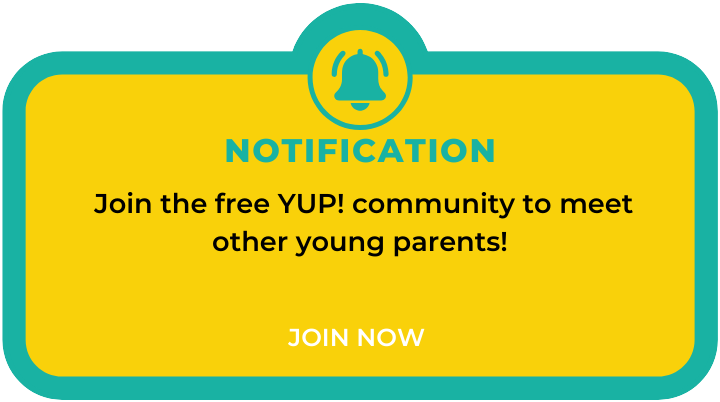Emotional & Physical Healing After a Miscarriage

The YUP! team sends deep regard to all those experiencing pregnancy loss. Coping with the sudden loss of a pregnancy can be difficult. Whether your pregnancy was planned or unexpected, your feelings around its loss are valid. As you process your emotions around this event, know that you are not alone in your grief or recovery. Unfortunately, up to 20% of all pregnancies result in miscarriage.
What is a Miscarriage?
Miscarriage is defined as spontaneous pregnancy loss prior to 20 weeks gestation. The highest risk of miscarriage occurs within the first trimester of pregnancy (0 to 13 weeks). Many miscarriages happen before a pregnancy is detected. They are often the body’s natural response to a fetus that isn’t healthy, and are usually not a result of something that a parent did or did not do.
Grieving a Miscarriage
Parents often go through the stages of grief after a miscarriage whether they carried the baby or not. You or your partner might feel guilty about the loss. Sometimes one parent may become resentful toward their partner, even if they understand that miscarriages happen. The experience of miscarriage can trigger postpartum depression and other intense emotions. Remember that dads can experience postpartum depression just as moms can. If you experience a miscarriage while in a relationship, be sure to care for each other and yourself as you heal. You can tend to your relationship after loss by:
- Being sensitive to each other’s needs
- Talking about the loss when that feels right for you and listening to your partner when they need to talk about it
- Acknowledging and affirming each other’s grieving styles
- Understanding that each of you may need a different amount of time to heal
If you feel you need additional support, reach out to local or virtual counseling services. You can also talk to a nurse, doctor, doula, or other medical provider about suggestions for support.
Sharing the News with Others
Talking with supportive friends or family members about the miscarriage can be healing. But it’s up to you whether, when, and how to share the information. If your miscarriage happened after announcing your pregnancy, you might get questions about your pregnancy status. Consider sharing what happened in small, safe spaces. If you don’t know what to say, try something like, “I was excited to welcome our baby, but it wasn’t meant to be at this time.” If questions from others feel invasive, you could respond with, “I need some time and space before sharing details” to set a boundary.
Recovery After Miscarriage
If your partner experienced the miscarriage, remember that their body is healing from a serious medical event. They might have aftercare instructions to follow for the next few weeks. Encourage them to be easy on themselves as they heal. Most providers suggest avoiding any sexual intercourse until vaginal bleeding has stopped. You might desire to attempt another pregnancy after miscarriage. It’s important to give yourselves time to heal physically and emotionally first. You will gradually start to feel better and resume your day-to-day activities. You might find community by registering for an account and connecting with other YUP! parents who’ve experienced loss. Remember that there is no roadmap to grieving a pregnancy, but acceptance of this experience will eventually come.
